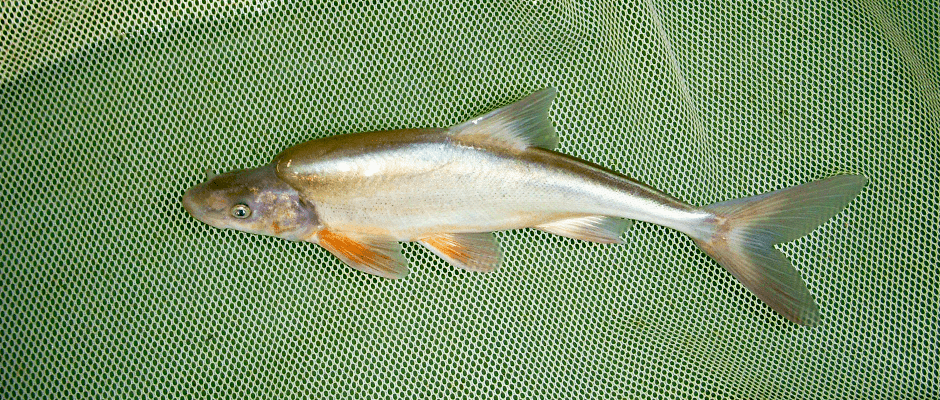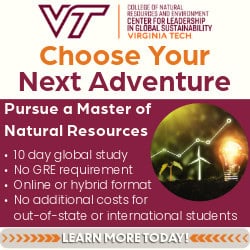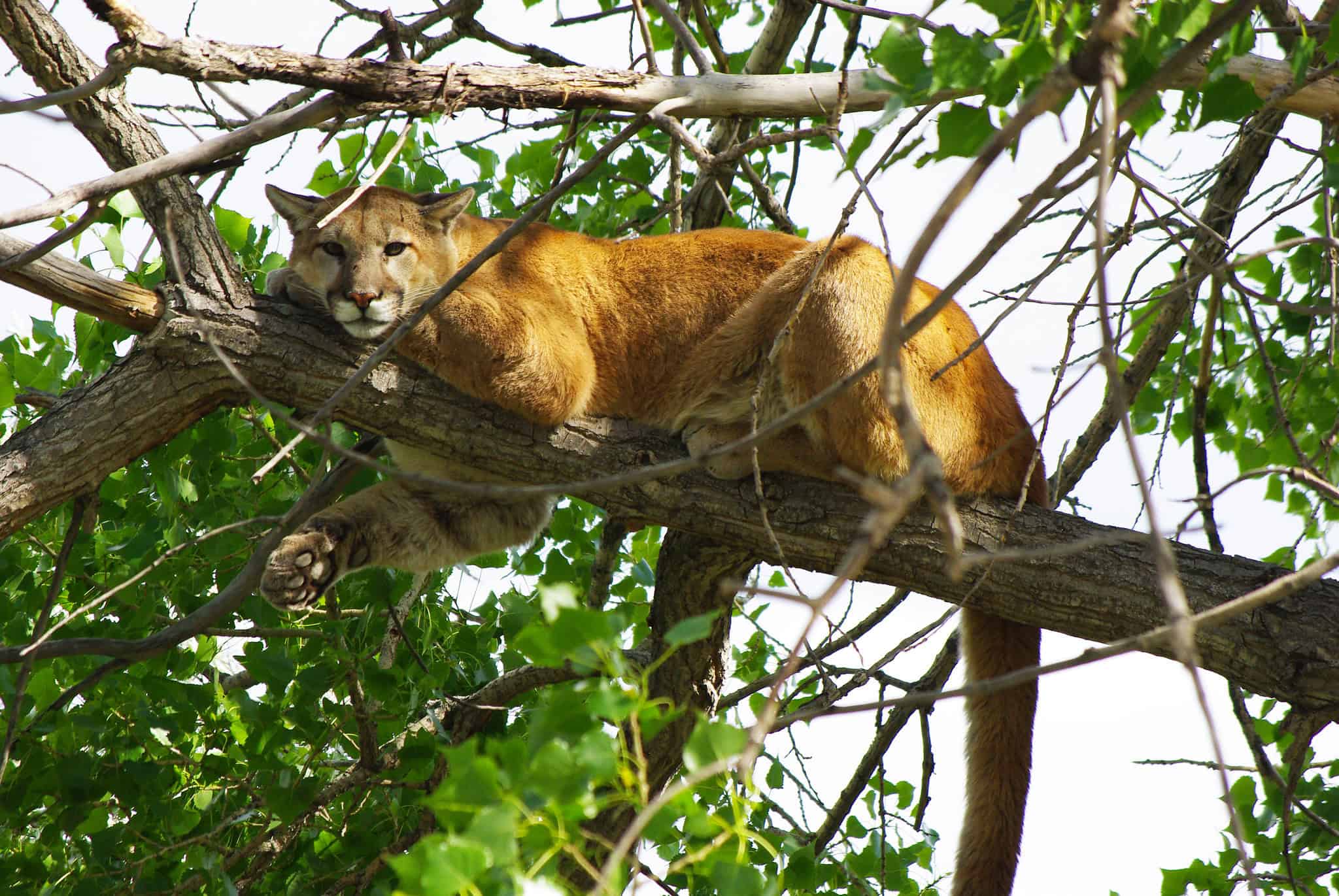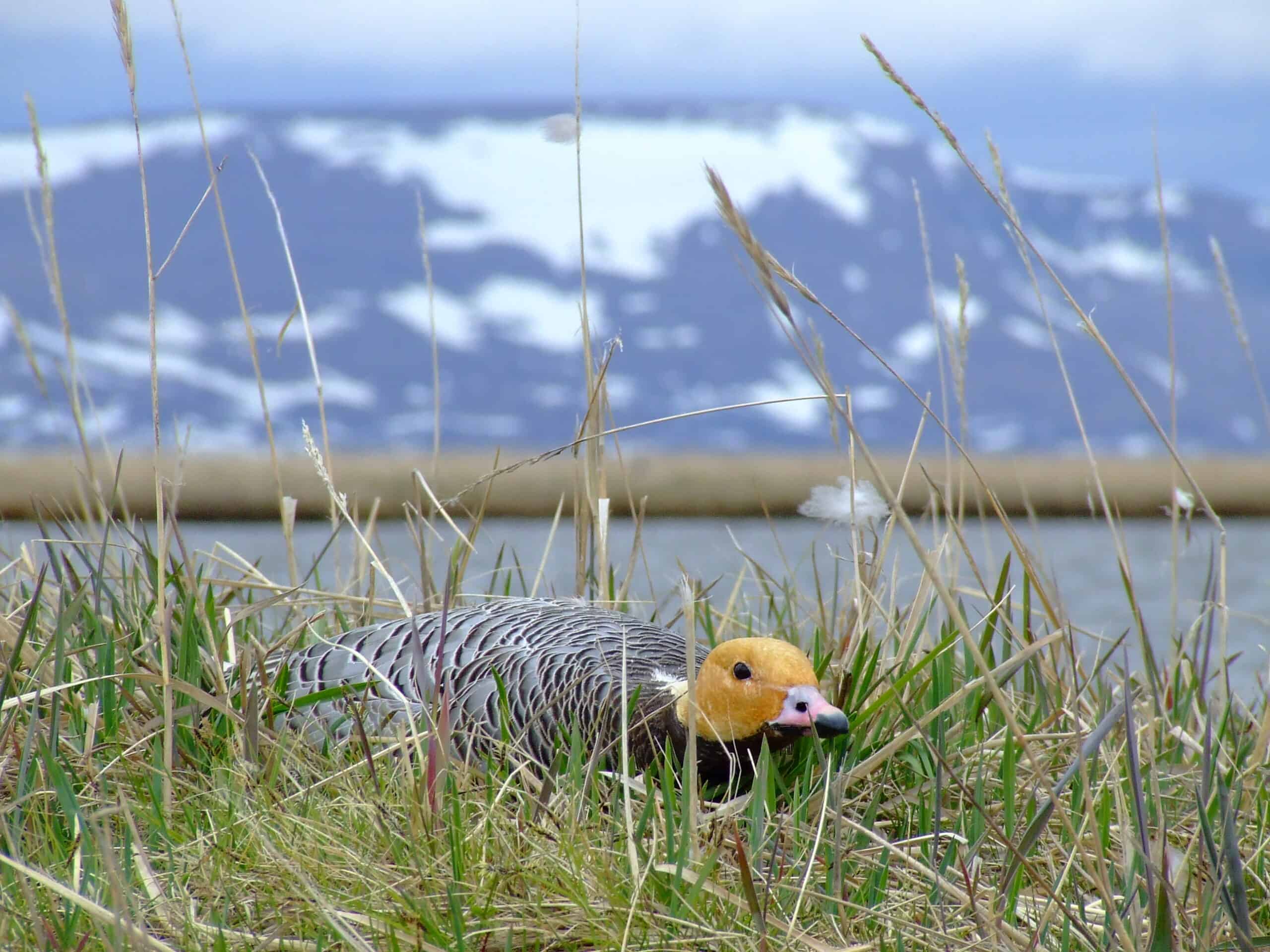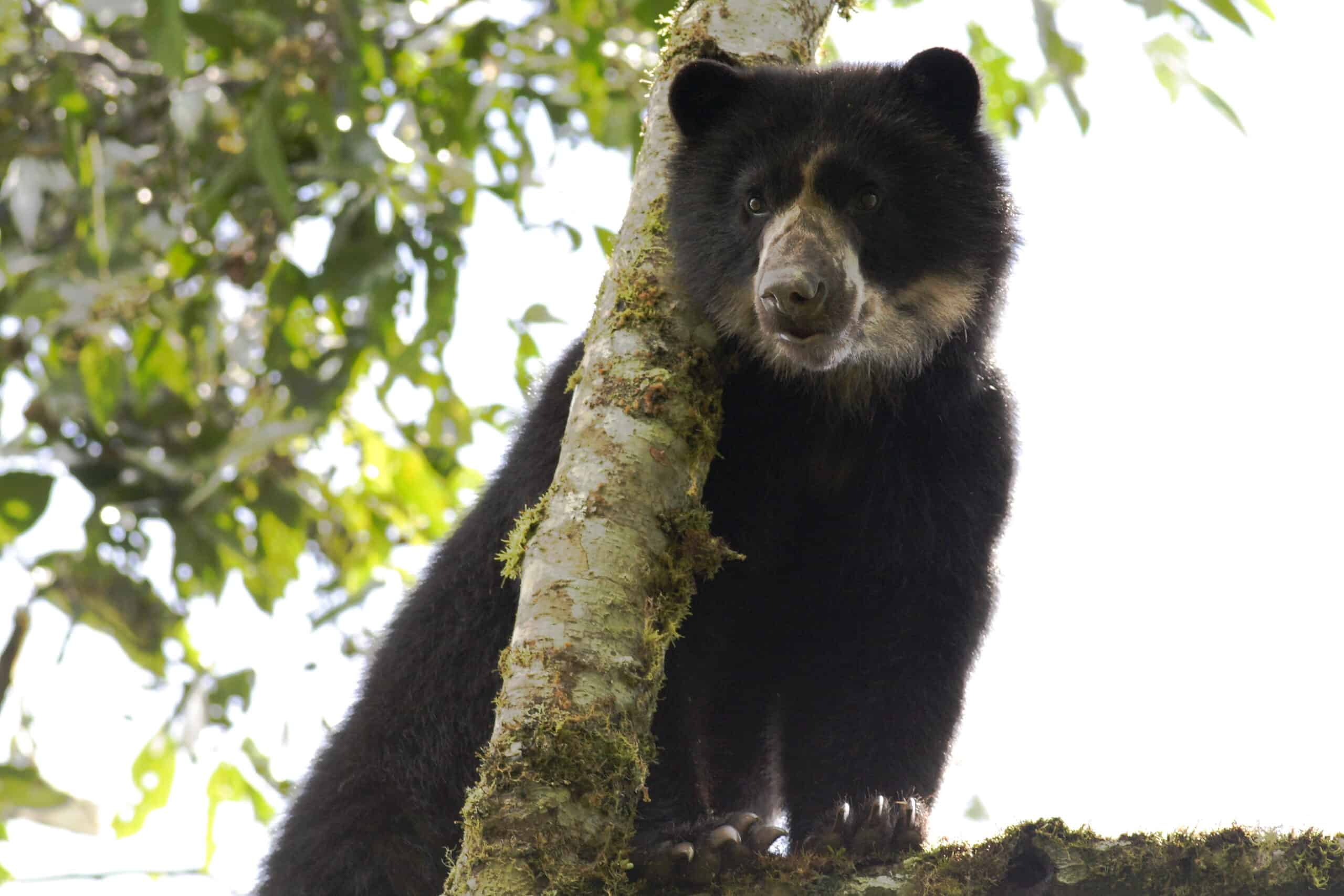Share this article
U.S. Fish & Wildlife announces Science Award winners
The Director of the U.S. Fish & Wildlife Service has released the following announcement:
It is my honor to announce this year’s recipients of the Service Science Awards — the Arizona Fish and Wildlife Conservation Office’s Grand Canyon Humpback Chub Team; Lewis Coggins, Fishery Biologist, Yukon Delta National Wildlife Refuge; and Paul Henson, State Supervisor of the Oregon Fish and Wildlife Office.
The 2016 Science Award winners exemplify leadership, integrity, and personal drive to tackle complex conservation challenges. I encourage you to take a minute and read their stories by visiting the Science Awards page at www.fws.gov/science/awards.html. As you’ll see, there were no easy answers before them and no progress achieved without collaboration. They deserve our collective applause for contributing greatly to the conservation science community and for advancing the mission and reputation of the Service.
Rachel Carson Award for Exemplary Scientific Accomplishment
Grand Canyon Humpback Chub Team, Arizona Fish and Wildlife Conservation Office
Rick Deshler, Michael Pillow, Dennis Stone, Randy Van Haverbeke, Jim Walters, and Kirk Young
The Rachel Carson Award recognizes scientific excellence through the rigorous practice of science applied to a conservation problem that achieves extraordinary results in fish and wildlife conservation. The Grand Canyon Humpback Chub team determined how to successfully translocate endangered Humpback Chub in the Grand Canyon and pioneered new technology for the long-term tracking and detection of these fish. These efforts have increased the numbers of Humpback Chub in the Little Colorado River, making progress toward recovery of this endangered species.
Sam D. Hamilton Award for Transformational Conservation Science
Dr. Lewis Coggins, Fishery Biologist, Yukon Delta National Wildlife Refuge
The Sam D. Hamilton Award recognizes individuals and teams who are working on big picture challenges, developing collaborative partnerships, and improving how we develop and deliver science for conservation. Lew’s emphasis on solid science, diverse collaboration, and objective-driven management has helped to create an unprecedented atmosphere of cooperation in the management of Chinook salmon on the Kuskokwim River. His work in creating a new generation of Chinook salmon harvest prediction models and a structured decision making framework has been indispensable in helping refuge managers meet their conservation objectives for escapement and harvest, launch a ground-breaking Community Harvest Permit system, and improve the complex biological, social, and political shoals of salmon management in Alaska.
Science Leadership Award for
Dr. Paul Henson, State Supervisor, Oregon Fish and Wildlife Office
The Science Leadership Award recognizes supervisors who empower their staff to accomplish scientific work and who champion the use of science in conservation decision-making. Paul is dedicated to a “whole office” foundation in science and encourages staff at the OFWO and its four state satellite offices to find robust, high quality scientific support for the conservation measures the office puts forward. He also leads by example in advancing pragmatic approaches to accomplish conservation goals such as recognizing the importance of the timber industry infrastructure to northern spotted owl recovery and working with private landowners and the ranching community to conserve greater sage-grouse.
The Awards recipients will receive $50,000 to their field stations to support additional scientific work. As many of you have heard me say before, an investment in people and in science is an investment in our future.
Again, for more information about the Science Awards and the winners’ work, please visit: www.fws.gov/science/awards.html.
U.S. Fish and Wildlife Service is a Strategic Partner of TWS.
Header Image: Humpback chub. ©USFWS Fish and Aquatic Conservation



